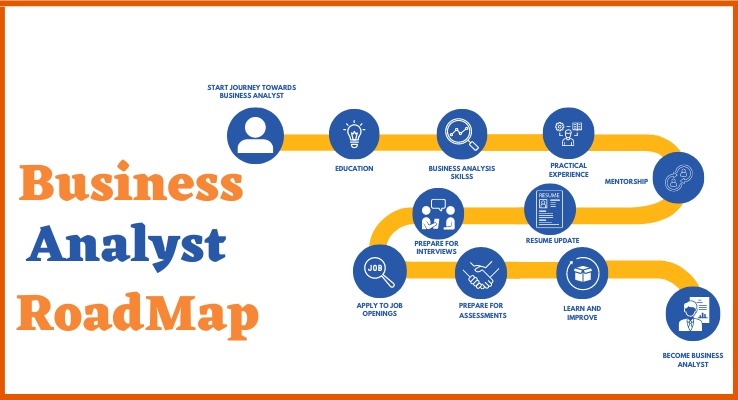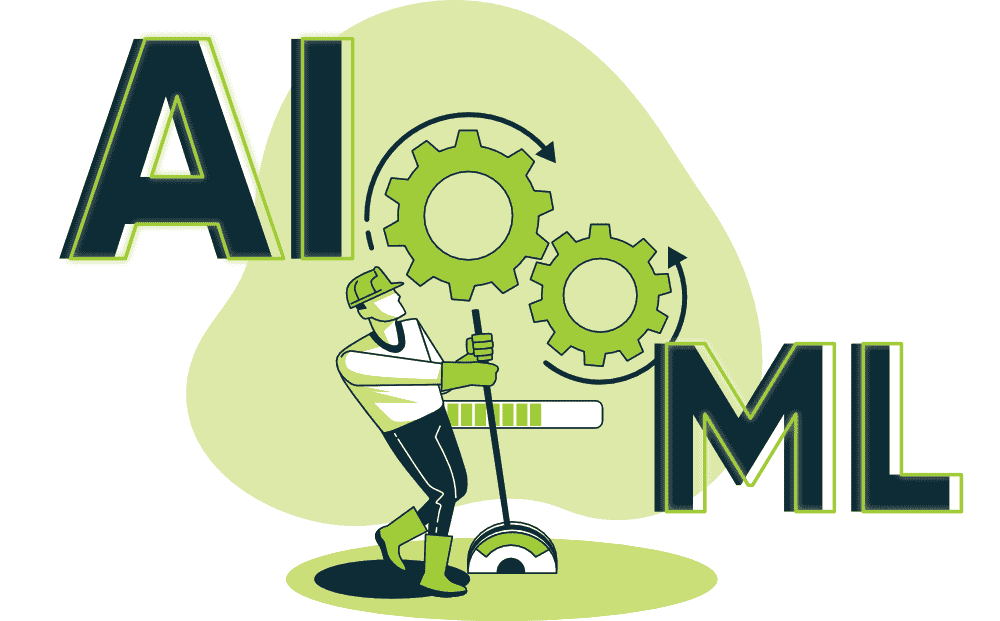Welcome to the world of business analysis! If you’re curious about what a Business Analyst (BA) does and how to become one, you’re in the right place. The career path of a Business Analyst is filled with exciting opportunities and challenges. This guide will help you understand the role, the skills needed, and the steps to advance in this rewarding field.
Understanding the Role of a Business Analyst
Key Responsibilities and Tasks
A Business Analyst plays a crucial role in any organization. Their main job is to bridge the gap between IT and the business side of things. They help companies understand their needs and find solutions to business problems. This involves tasks like:
- Gathering and analyzing data
- Creating detailed business requirements
- Communicating with stakeholders
- Developing strategies to improve processes
- Testing and implementing new systems
Essential Skills and Competencies
To succeed as a Business Analyst, you need a mix of technical and soft skills. Here are some key competencies:
- Analytical Thinking: Ability to break down complex problems.
- Communication: Strong verbal and written skills to interact with stakeholders.
- Problem-Solving: Finding innovative solutions to business challenges.
- Technical Proficiency: Understanding of software development and data analysis tools.
- Attention to Detail: Ensuring accuracy in analysis and documentation.
Educational Requirements and Certifications
Degrees and Educational Backgrounds
While there isn’t a strict educational path for becoming a Business Analyst, most professionals have a background in fields like Business Administration, Finance, Computer Science, or Information Technology. A bachelor’s degree is typically the minimum requirement, but some roles may prefer candidates with a master’s degree.
Valuable Certifications
Certifications can boost your credibility and open doors to better opportunities. Here are some popular ones:
- Certified Business Analysis Professional (CBAP): Offered by the International Institute of Business Analysis (IIBA).
- PMI Professional in Business Analysis (PMI-PBA): Provided by the Project Management Institute (PMI).
- Certified Analytics Professional (CAP): For those interested in the analytics side of business analysis.
Entry-Level Positions and Initial Steps
Typical Entry-Level Job Titles and Descriptions
Starting as a Business Analyst usually means beginning with an entry-level role. Some common titles include:
- Junior Business Analyst: Assisting senior analysts with data collection and analysis.
- Business Systems Analyst: Focusing on the IT aspects of business analysis.
- Data Analyst: Specializing in analyzing data to support business decisions.
Gaining Relevant Experience and Building a Portfolio
Getting your foot in the door often requires some relevant experience. Internships, co-op programs, or entry-level jobs in related fields can be valuable. Additionally, working on projects, even personal ones, can help build a portfolio showcasing your skills and accomplishments.
Career Progression and Advancement Opportunities
Intermediate Roles and Increasing Responsibilities
As you gain experience, you’ll move on to more complex and higher-paying roles. Intermediate positions might include:
- Business Analyst: Taking on more responsibility and larger projects.
- Business Process Analyst: Focusing on improving business processes and efficiency.
- IT Business Analyst: Specializing in IT-related projects and solutions.
Pathways to Senior and Leadership Positions
With enough experience, Business Analysts can advance to senior and leadership roles, such as:
- Senior Business Analyst: Leading projects and mentoring junior analysts.
- Business Analysis Manager: Overseeing a team of analysts and managing multiple projects.
- Director of Business Analysis: Setting strategic direction and ensuring alignment with business goals.


Specializations and Niche Areas
Industry-Specific Roles
Business Analysts can also specialize in specific industries. Some examples include:
- IT Business Analyst: Working on technology projects and solutions.
- Healthcare Business Analyst: Focusing on improving processes in healthcare settings.
- Financial Business Analyst: Analyzing financial data and processes.
Emerging Trends and Specializations
The field of business analysis is constantly evolving. Some emerging areas of specialization are:
- Data Analytics: Using advanced data analysis techniques to support business decisions.
- Agile Business Analysis: Working within Agile development frameworks.
- Cybersecurity Analysis: Ensuring business processes comply with cybersecurity standards.
Tools and Technologies for Business Analysts
Essential Software for Business Analysts
Business Analysts use a variety of tools to perform their tasks efficiently. Some essential software includes:
- Microsoft Excel: For data analysis and visualization.
- SQL: For querying databases.
- Tableau: For creating interactive data visualizations.
- JIRA: For managing Agile projects.
Emerging Technologies in Business Analysis
Staying updated with emerging technologies can give you an edge in your career. Some trends to watch include:
- Artificial Intelligence (AI): AI tools can help in predictive analysis and decision-making.
- Big Data: Leveraging big data for more in-depth insights.
- Machine Learning: Applying machine learning algorithms to business problems.
Building a Successful Career as a Business Analyst
Networking and Professional Development
Networking is essential for career growth. Join professional organizations like the IIBA or attend industry conferences and meetups. Building relationships with other professionals can lead to job opportunities and career advice.
Continuous Learning and Skill Enhancement
The business world is always changing, and so should your skills. Regularly updating your knowledge through courses, workshops, and certifications is crucial. Stay current with industry trends and best practices to remain competitive.
Challenges and How to Overcome Them
Common Challenges Faced by Business Analysts
Every job has its challenges, and business analysis is no different. Some common hurdles include:
- Stakeholder Resistance: Not everyone will be on board with changes.
- Ambiguous Requirements: Sometimes, business needs aren’t clear.
- Keeping Up with Technology: Rapid technological changes can be overwhelming.
Strategies for Overcoming Obstacles
Here are some strategies to tackle these challenges:
- Effective Communication: Build strong relationships with stakeholders and clearly articulate the benefits of proposed changes.
- Thorough Analysis: Spend extra time gathering and refining requirements to ensure clarity.
- Continuous Learning: Stay updated with the latest tools and technologies to keep your skills relevant.
Future Outlook and Job Market Trends
Employment Prospects and Demand for Business Analysts
The demand for Business Analysts is strong and expected to grow. Businesses need skilled analysts to help them navigate the complexities of modern markets and technologies. According to the U.S. Bureau of Labor Statistics, employment for management analysts, including Business Analysts, is projected to grow 11% from 2019 to 2029.
Impact of Technology and Industry Changes on the Role
Technological advancements like AI, big data, and machine learning are transforming the role of Business Analysts. These technologies provide new tools and methods for data analysis, making the role more dynamic and integral to business success.














